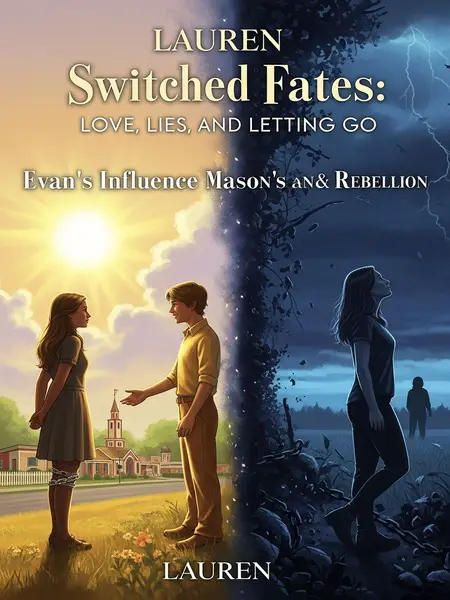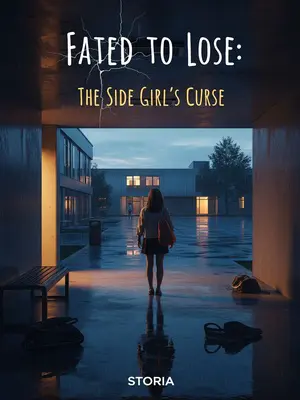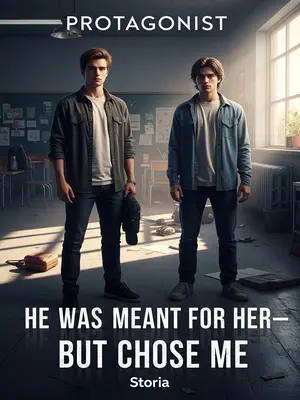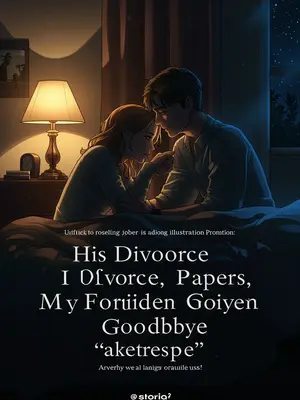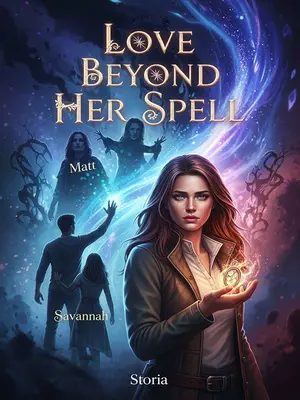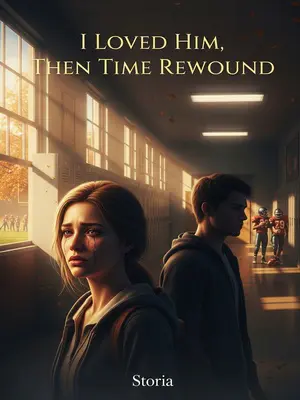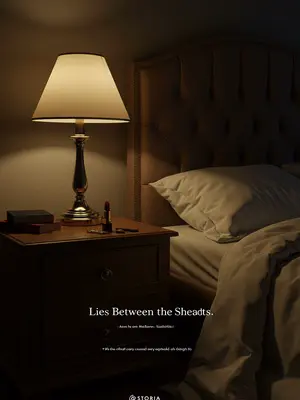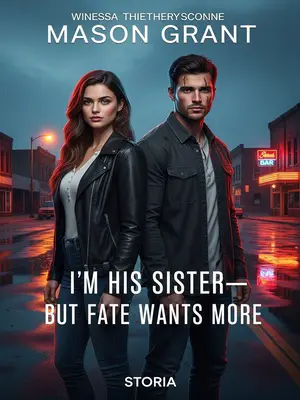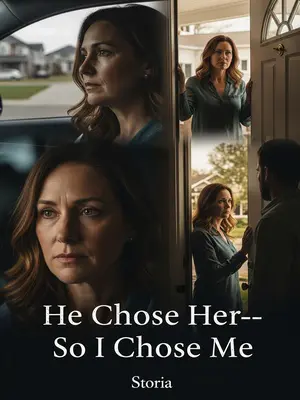Chapter 6: The Heir Unmasked
It was one of those ordinary afternoons that you only realize was important later. The sun was slanting through the windows, and the school smelled like old books, lemony floor cleaner, and a hint of cafeteria pizza.
We were in the same class. It was an ordinary afternoon. The physics teacher stopped me in the hallway with a competition registration form, asking me to give it to Mason.
He handed me the form with a tired smile, probably grateful not to have to track Mason down himself.
When I got to the classroom, he wasn’t there. I’m not a busybody, but that night Evan had a party with friends, and I didn’t want to go, so I looked for something to do. I found the class contact list in the group files, got Mason’s home address, and took a rideshare there myself.
The driver glanced at me in the rearview mirror, probably wondering what a girl in a private school uniform was doing in this part of town. I kept my eyes on my phone, pretending not to notice.
The car stopped at a narrow alley. Garbage was piled up on both sides, the smell pungent. I’d been with Evan to poor neighborhoods for charity before. All poor neighborhoods seemed the same. I kept a straight face and checked each house number until I found it.
The pavement was cracked, weeds poking through the concrete. I pulled my jacket tighter, wishing I’d worn sneakers instead of flats.
I saw Mason’s father. I’d always been curious about Mason’s upbringing—what kind of family could raise someone like him?
He was sitting on the stoop, a battered Cubs cap pulled low over his eyes, fiddling with an old radio. He looked up, startled, when he saw me.
But it wasn’t what I imagined. His father was a withered man, missing a leg, small and timid. When he saw me, he was both surprised and delighted, stammering, “Mason’s… classmate, hello, hello…”
He wiped his hands on his jeans, offering me a seat on a rickety lawn chair. His smile was shy, almost apologetic.
I politely called him Mr. Reyes.
He seemed pleased by the formality, nodding eagerly. There was a dignity in the way he straightened his back, as if determined to make a good impression despite everything.
Mason wasn’t home—he was out working a part-time job.
I imagined him stocking shelves at a grocery store or running food at a diner, doing whatever it took to make ends meet.
His father was flustered to have me there. Their home was less than two hundred square feet, facing north, very dim, but tidy, everything stacked neatly. There was a battered couch with a faded Chicago Cubs pennant hanging over it, thrift store furniture, and a rusted mailbox outside the door. The air smelled faintly of instant coffee and Pine-Sol.
After handing over the competition form, I was about to leave, but he had already started boiling water in an old coffee maker.
He insisted, smiling nervously, “Stay for a cup, please. It’s not every day we get visitors.”
I hesitated, but sat down.
The chair creaked under me, and I folded my hands in my lap, unsure what to do with myself. I watched the steam rise from the coffee maker, wishing I could melt into the background.
For some reason, I suddenly remembered something.
Every time Mason came to class, he brought a cheap bottle of water. I always thought he bought it daily, until one day some classmates were talking loudly, saying they saw Mason filling his bottle with tap water.
They said it with a sneer, like poverty was something to be ashamed of. I felt a wave of anger, but kept my face blank.
Mason lived very frugally. I knew he was poor, but I didn’t expect someone to be that strapped.
It was a different kind of poverty than I’d ever known—one that seeped into every part of your life, even the smallest things.
I didn’t know why so many people harbored strange hostility toward Mason. Maybe it’s human nature to want to drag the excellent down from their pedestal. Their voices were loud. Someone covered her mouth in surprise, “Ew? That’s so unhygienic. Doesn’t he know about Evian or Poland Spring?”
Her words echoed in the hallway, drawing snickers from her friends. I clenched my fists, biting my tongue.
Then came mocking laughter, until Mason entered. Someone eyed his bottle and asked, feigning innocence, “Mason, I heard your water is just tap water?”
